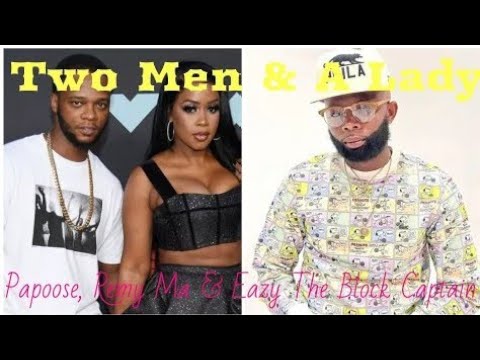In a recent interview with Urban Gossip TV, Yung Miami from the renowned rap duo City Girls made some headlines with her bold proclamation that having a good WAP can lead to driving luxury cars like a Maybach. The remark quickly caught the attention of fans and critics alike, sparking a heated debate about the power dynamics between women and material possessions.
For those who are unaware, ‘WAP’ is an abbreviation for “Wet A*s Pu**y,” which is also the title of a chart-topping hit by artists Cardi B and Megan Thee Stallion. The song ignited significant controversy upon its release due to its explicit lyrics, provoking discussions around female empowerment, sexuality, and ownership of one’s body.
Yung Miami’s comment takes it even further by suggesting that possessing a good WAP can grant women access to high-end luxury symbols like Maybach cars, sending mixed messages about societal expectations and achievements.
Some argue that Yung Miami’s statement reinforces harmful stereotypes by reducing women to their sexual prowess. Critics argue that it perpetuates the notion that women’s value lies primarily in their sexuality rather than their intelligence, skills, or achievements. This interpretation implies that there is a direct correlation between sexual desirability and material wealth. By subscribing to this viewpoint, it discredits notions of empowerment rooted in individual accomplishments outside of physical attractiveness.
On the other hand, some supporters argue that Yung Miami is merely speaking from her personal experiences and observations within the entertainment industry. They liken her statement to how certain professions or skills can open doors to potential wealth or success in various fields. In this interpretation, Yung Miami is highlighting the potential benefits gained from possessing qualities considered desirable within specific contexts.
Moreover, this discussion raises larger questions about materialism and consumer culture. By associating personal attributes with wealth and material possessions, are we unintentionally promoting a shallow and superficial society? Should we measure our worth solely by what we possess rather than who we are?
Ultimately, the controversy surrounding Yung Miami’s statement is indicative of a broader conversation about societal values and the balance between personal empowerment and external validation. While it is essential to celebrate individuality and personal agency, it is equally crucial to acknowledge that accomplishments should extend beyond physical attributes.
It is essential to recognize that success comes in many forms: education, intelligence, passion, kindness, creativity, and so much more. It would be simplistic to reduce it solely to material wealth or sexual desirability. By fostering a more inclusive understanding of success not tied exclusively to consumerism or physical attributes, we can encourage individuals everywhere to embrace their unique qualities and work towards their own versions of success.
In conclusion, while Yung Miami’s provocative statement sparked heated debate in the media world, it serves as a catalyst for important conversations about societal values surrounding women’s empowerment. We must collectively move beyond reductive definitions of success solely based on external appearances or material possessions. Instead, let us foster a culture that cherishes diversity in definitions of success and promotes empowerment based on individual achievements and character traits.





